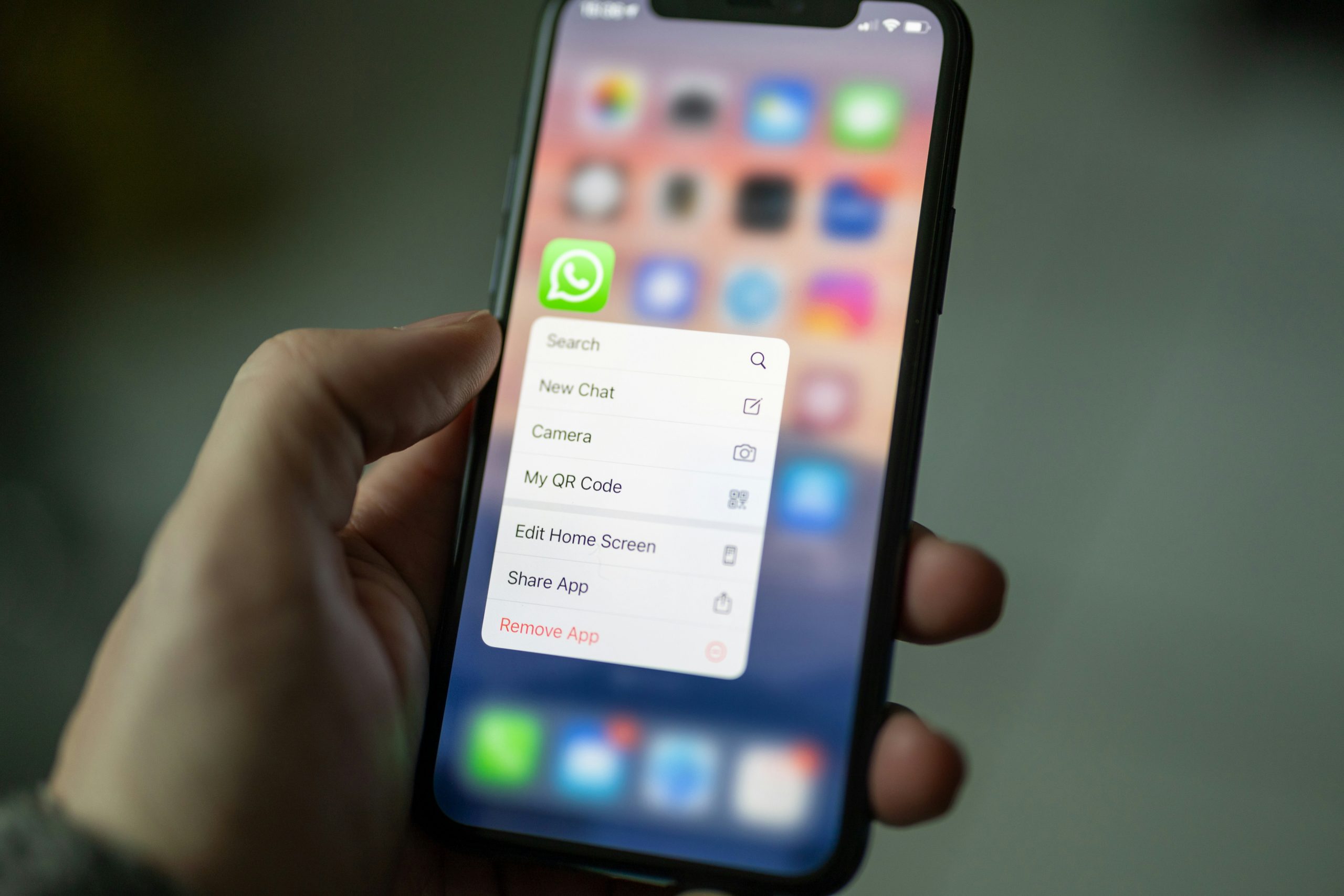WhatsApp is one of the most popular messaging apps worldwide, but its popularity also makes it a target for unauthorized access. Having someone else access your WhatsApp account without your consent can lead to serious privacy breaches. Luckily, there are a few key warning signs that can help you detect if someone else is using your account. Here’s how you can spot suspicious activity and what to do if you think your WhatsApp account is compromised.

1. Check for Unusual Login Notifications
One of the first signs that someone may be accessing your WhatsApp account is receiving login notifications on your phone. WhatsApp notifies users when their account is being registered on another device. If you receive a notification saying, “Your phone number is being registered on a new device,” and you didn’t initiate this action, it’s a major red flag. Act immediately by selecting “Log out” from all devices and re-registering your WhatsApp phone number.
2. Look for Unfamiliar Chats and Messages
If someone has unauthorized access to your account, they may send messages to your contacts or strangers. Regularly check your chats for any unfamiliar conversations or messages that you didn’t send. Also, review your chat history for strange responses or interactions that seem out of place.
3. Verify the Devices Connected to WhatsApp Web
WhatsApp Web allows users to use the app on a computer, but it can also be used by hackers to access your account remotely. To check if someone is using WhatsApp Web without your permission, open WhatsApp on your phone, tap the three dots in the top-right corner (or the settings icon for iPhone users), and select Linked Devices. This section shows all active sessions on WhatsApp Web. If you see any devices you don’t recognize, immediately log out of all sessions.
4. Monitor Changes to Account Settings
Another indication of unauthorized access is changes to your WhatsApp settings that you didn’t make. For example, someone may change your profile picture, status, or privacy settings. Always keep an eye on any updates to your personal information, and if something looks off, reset your account security.
5. Unusual Data Usage
WhatsApp uses mobile data or Wi-Fi to send and receive messages. If someone else is using your account, your data usage might increase. Check your mobile data usage to see if there’s an unexplained spike in the amount of data being used by WhatsApp. This could suggest that someone else is sending or receiving messages without your knowledge.
6. WhatsApp Session Logs Out Automatically
If you find that you are randomly logged out of your WhatsApp account, it could mean that someone else is trying to register your account on their device. WhatsApp only allows one active session per phone number, so if someone else logs in, you’ll automatically be logged out. If this happens, secure your account immediately.
What To Do If You Suspect Unauthorized Access
If you suspect that someone is accessing your WhatsApp account without permission, follow these steps:
1. Log out of all devices: Go to Settings > Linked Devices and log out of any unfamiliar devices.
2. Enable Two-Step Verification: This adds an extra layer of security by requiring a PIN whenever your WhatsApp account is registered on a new device. Go to Settings > Account > Two-Step Verification and enable this feature.
3. Change your PIN regularly: If you use two-step verification, change your PIN regularly to maintain security.
4. Contact WhatsApp Support: If you believe your account is still compromised, reach out to WhatsApp’s support team for assistance in recovering and securing your account.
Detecting unauthorized access to your WhatsApp account early can help prevent major privacy and security issues. By regularly checking for suspicious activity and taking steps to secure your account, you can minimize the risk of someone else using your WhatsApp without your knowledge. Always enable two-step verification and stay vigilant for any warning signs that might indicate a breach.
